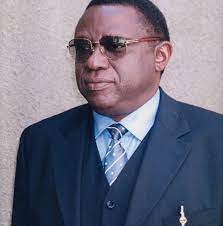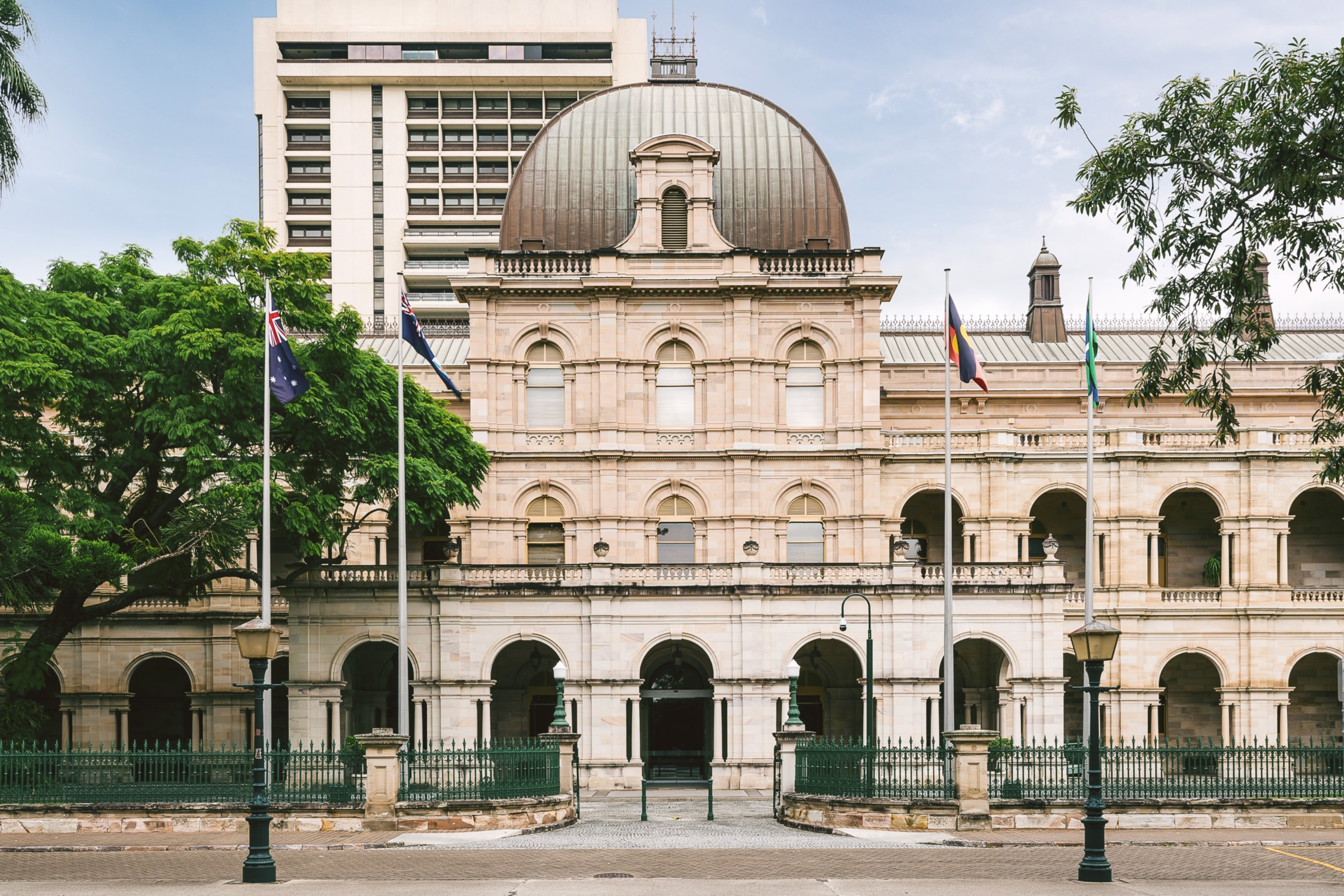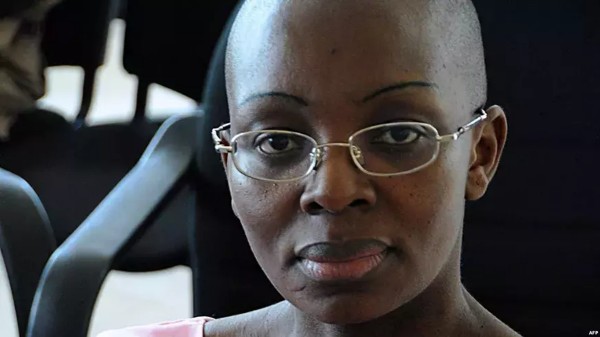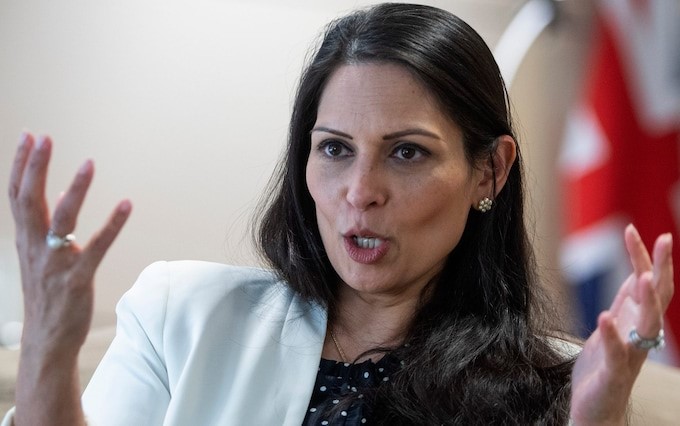International
Bagosora struggled to escape justice in Cameroon by denying the Genocide against Tutsi

On
February 19, 1995, Col Theoneste Bagosora boarded a Cameroon Airlines plane in
Kinshasa, Zaire, to Douala, to go and meet remnants of the leadership of Hutu
Power, a genocidal movement kicked out of Rwanda by the Rwanda Patriotic Front
during the campaign to stop the Genocide against the Tutsi.
The
RPF had earlier ended the genocide and liberated Rwanda on July 4, 1994,
causing many genocide perpetrators to leave the country fearing reprisals.
Thousands of the mass murderers had taken off to the jungles of neighbouring
Zaire, now the Democratic Republic of Congo (DRC).
Bagosora
died on September 25, 2021 while serving his sentence of 35 years in prison as
set by International Criminal Tribunal for Rwanda.
When
he went travelled to Cameroun, in 1995, he joined genocide fugitives living
with their families in Douala and Yaounde in expensive villas and apartments
funded by the loot stolen from Rwandan state coffers.
He
joined former genocidal government ministers, army officers and propagandists
like Maj Protais Mpiranya, former Commander of Presidential Guard Battalion,
Jean Bosco Barayagwiza, creator of the Coalition pour la Défense de la
République (CDR), a Hutu extremist party, and the chief ideologue of Hutu Power,
Ferdinand Nahimana, among others.
When
Bagosora landed at Douala International Airport he was recognised by a young
Rwandan physician on the same flight who was visiting Cameroon for an international
AIDS conference. The physician quickly noticed a number of genocide suspects
living in Yaoundé during his short stay. He informed the Cameroon Foreign
Ministry during a hastily arranged
meeting yet no one seemed to care, according to British investigative
journalist Linda Melvin.
The
children of genocide fugitives integrated into Cameroonian schools, invested in
small businesses by opening shops and creating transport companies. On July 25,
1995 a Yaoundé biweekly newspaper, La Nouvelle Expression, named 44 Rwandan
genocide fugitives hiding in Cameroon with Bagosora topping the list. The newspaper issued a warning that those
genocide fugitives remained politically active and portrayed themselves as
“victims” in a “Rwandan drama” describing the Genocide against the Tutsi as a
“spontaneous uprising”.
While
in Cameroon, Bagosora found time to write and disseminate his own version of
denial.
He
wrote a pamphlet of 30 pages which was distributed throughout the Hutu Power
network and diplomatic community. The content of this pamphlet is the current
narrative of denial of the Genocide against the Tutsi.
While
the Government of Paul Biya was under pressure for protecting Genocide
fugitives when Rwandans and the international community were preparing the
second commemoration of the genocide, Bagosora was arrested on
March 10, 1996 by gendarmes while trying to cash American Express travellers’
cheques previously stolen from the Rwandan treasury. Two weeks after Bagosora’s
arrest, gendarmes detained 11 genocide fugitives in Yaoundé in a dawn raid. It
was a secret operation that involved the personal support of the Justice
minister, Douala Moutomé and was carried out by 100 carefully chosen officers.
Seven fugitives managed to escape.
In
his pamphlet, Bagosora got an opportunity to spread a Hutu Power narrative that
the Tutsi came from Ethiopia and they are the masters of deceit while the Hutu
are modest, candid, loyal independent and impulsive.
The
11 Rwandan detainees were taken to Kondengui, a top security prison in Yaoundé,
where they were reunited. Within days, an exclusive newspaper interview had
achieved maximum publicity. The Cameroon Tribune ran a banner headline on the
front page on April 8, 1996, timed to coincide with the second commemoration of
the Genocide against the Tutsi. In this interview, Bagosora said that the Rwandan
situation was complicated and not properly understood.“There had been
inter-ethnic killings and we are in prison as a result of false accusations,” added
Bagosora.
After
a long delay, finally, President Biya signed the extradition papers and
Bagosora, Nahimana, André Ntagerura and Anatole Nsengiyumva were flown to Arusha,
Tanzania, on January 23, 1997 and locked inside a UN detention facility.
Bagosora and his co-accused took time away from these legal matters and wrote books and articles, continuing their genocide denial narrative.
Their
genocide denial campaign entered a new phase.


.jpg-20220508095027000000.jpg)



